Our History

1964: The First Broadcast
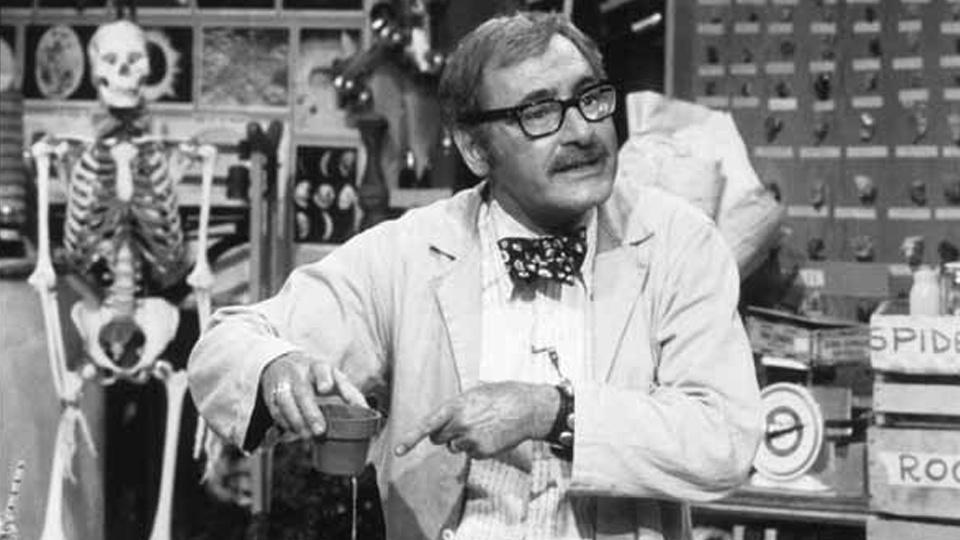
At 7 pm on October 12, Delta College made its first TV broadcast under the call letters WUCM-TV 19. "UCM" stood for "University Center, Michigan." The first program shown was What's New, a science show for kids. At this point, the station only broadcast for 15 hours per week, including classes for English, Spanish, economics, and nursing students.
1967: National Educational Television
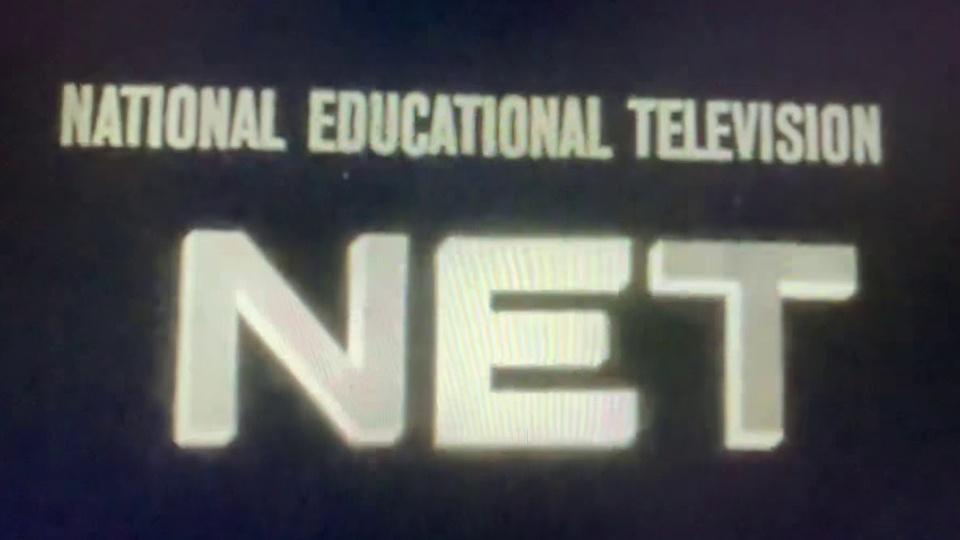
WUCM became an affiliate of National Educational Television, or NET, a national network of educational TV stations. That same year, the Corporation for Public Broadcasting was founded by the federal government to fund and govern educational television and radio. In 1970, NET was succeeded by PBS and WUCM became a PBS station.
1971: Day By Day
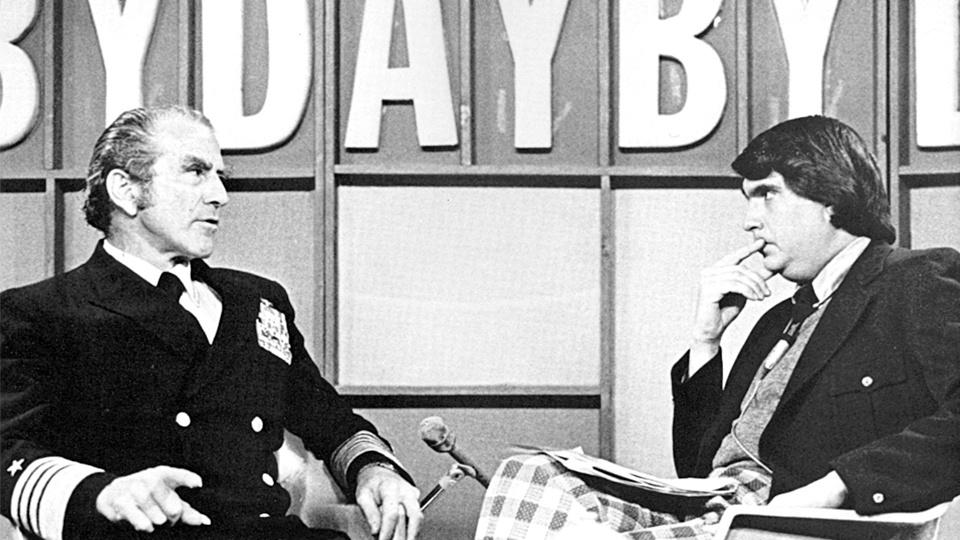
WUCM started a daily talk show called Day By Day, hosted by Andy Rapp, that ran for 3,203 episodes. Rapp would become one of the most recognizable faces at the station and hosted many other local programs over the years, including The Weekly with Andy Rapp and Trivia All Stars.
1972: The Rainbow Auction
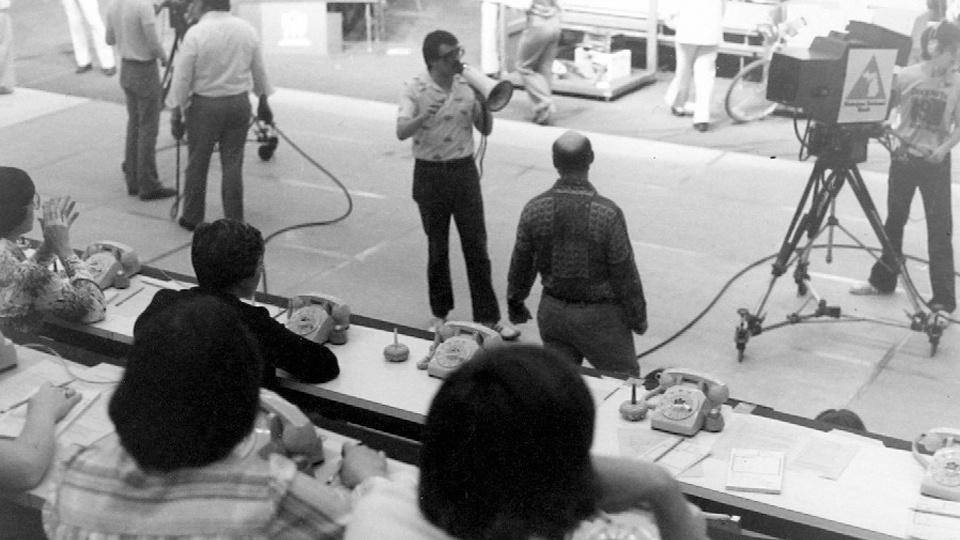
WUCM held the first of its Great TV Auctions to raise money for new equipment and technology. Dubbed the "Rainbow Auction," the televised auction raised nearly $40,000 ($230,000 in today's money), which helped the station broadcast in color starting in 1974. The last Great TV Auction was in 1988 and the proceeds helped the station become the first in mid-Michigan to broadcast in stereo.
1986: Expansion Into the Thumb
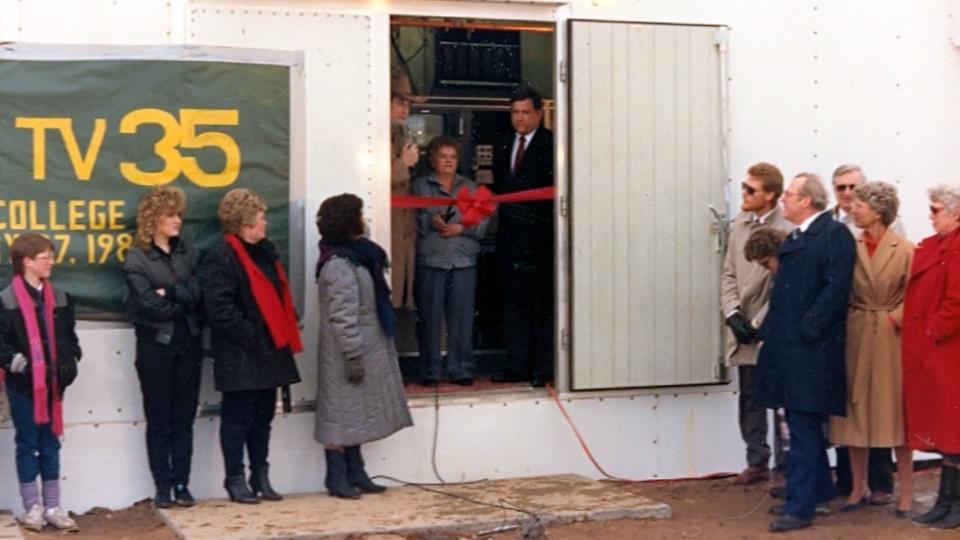
Delta College expanded its public broadcasting in the 1980s, starting with an increased broadcast area that included the Thumb. In addition to the transmitter on the campus of Delta College, a second transmitter was constructed in Ubly that began broadcasting as WUCX-TV 35 Bad Axe-Ubly.
1989: Public Radio on 90.1 FM
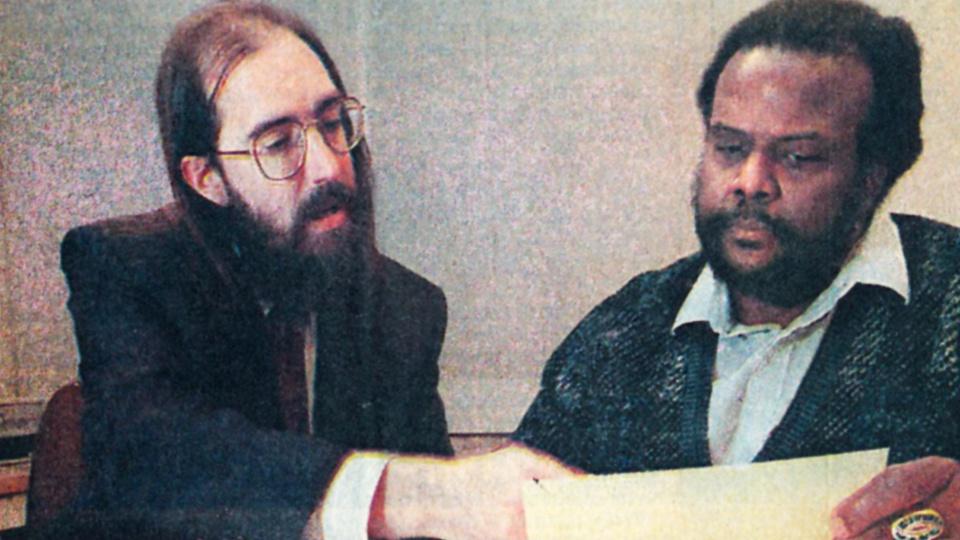
Delta Broadcasting launched WUCX-FM 90.1, offering public radio programming to mid-Michigan and the Thumb. Delta College and Central Michigan University, who both wanted a public radio station in the area, came to an agreement that would allow them to operate the station jointly.
1998: Quality Public Broadcasting
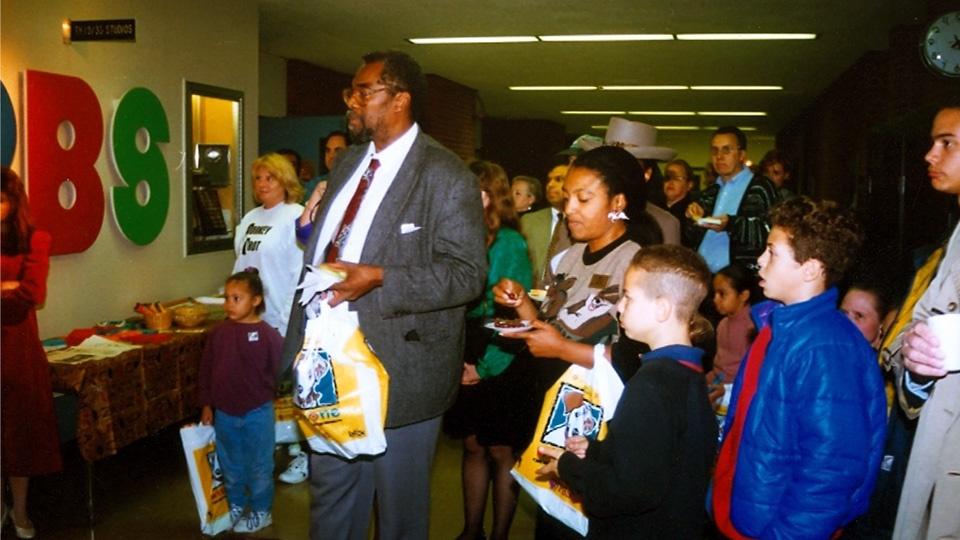
Delta Broadcasting adopted the name Quality Public Broadcasting. For the next two decades, the TV station was called Quality Public Television, or Q-TV for short, and the radio station was called Q-90.1 FM. The TV call letters also changed to WDCQ (for "Delta College Quality") and WDCP (for "Delta College Public").
1999: Currently Speaking
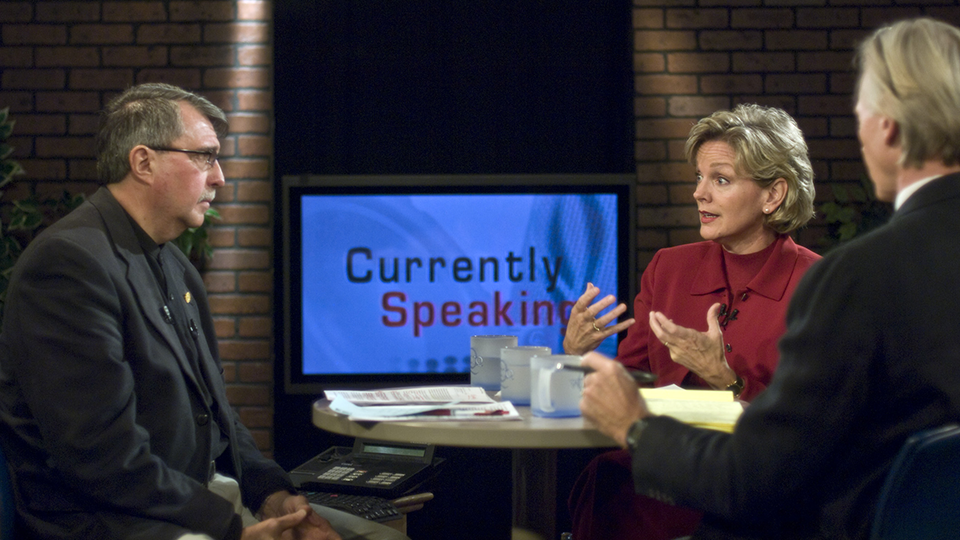
The weekly public affairs show Currently Speakingfirst aired in 1999. Hosted by Andy Rapp, this live shows tackled a new topic each week with a panel of expert guests and questions from viewers at home. Over time, the show transitioned into a discussion of the biggest news events of the week with viewer calls often driving the conversation. The show ran until Andy Rapp's retirement in 2016.
2003: Going Digital
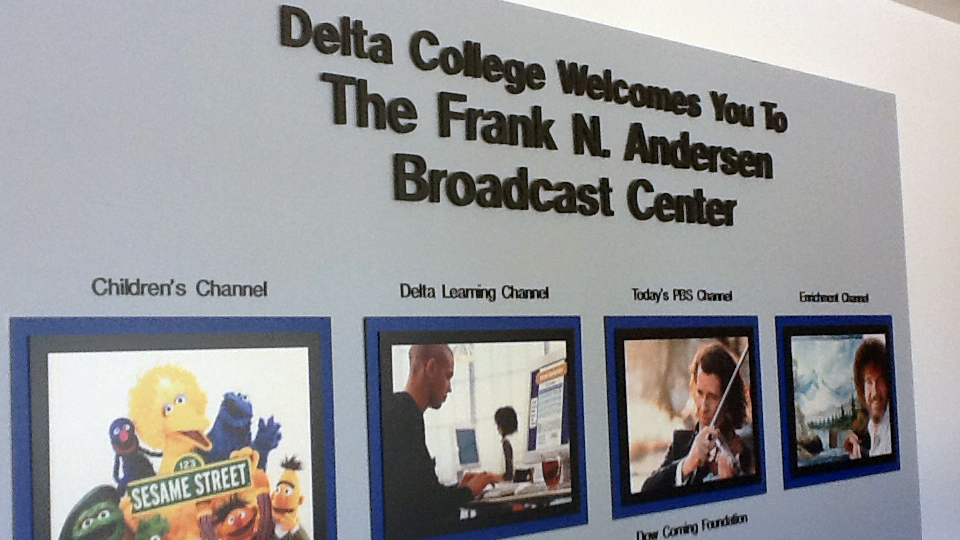
Q-TV became the first public TV station in Michigan to transmit a 100 percent digital signal. This allowed the station to broadcast multiple channels: originally Today's PBS Channel, the Delta Learning Channel, the Enrichment Channel, and the Children's Channel. Q-TV also broadcast in HD for the first time, although only on Today's PBS and only in the evening. An analog broadcast would continue alongside the digital one until 2009.
2005: Vanishing Voices of World War II
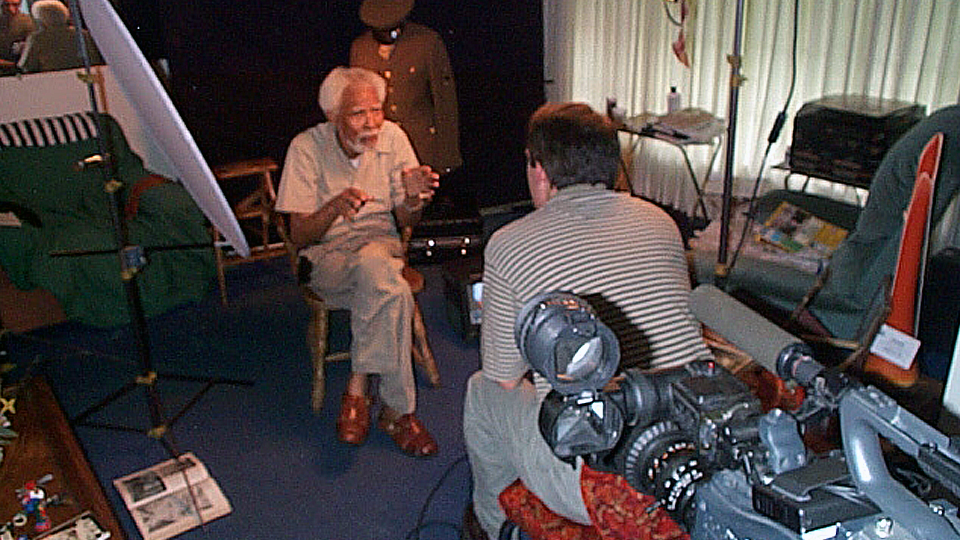
Q-TV produced the documentary Vanishing Voices of World War II. Directed by Bob Przybylski, the documentary allowed local veterans to tell their stories. Vanishing Voices kicked off a series of award-winning local history documentaries that includes Sawdust & Shanty Boys, Vietnam Voices, and Tracks Through Time.
2016: Spectrum Auction

The FCC ran a reverse auction to buy back TV and radio broadcast spectrum to clear the way for wireless providers. With public comments showing support for Q-TV, the Delta College Board of Trustees voted not to participate in the auction.
2020: Delta College Public Media
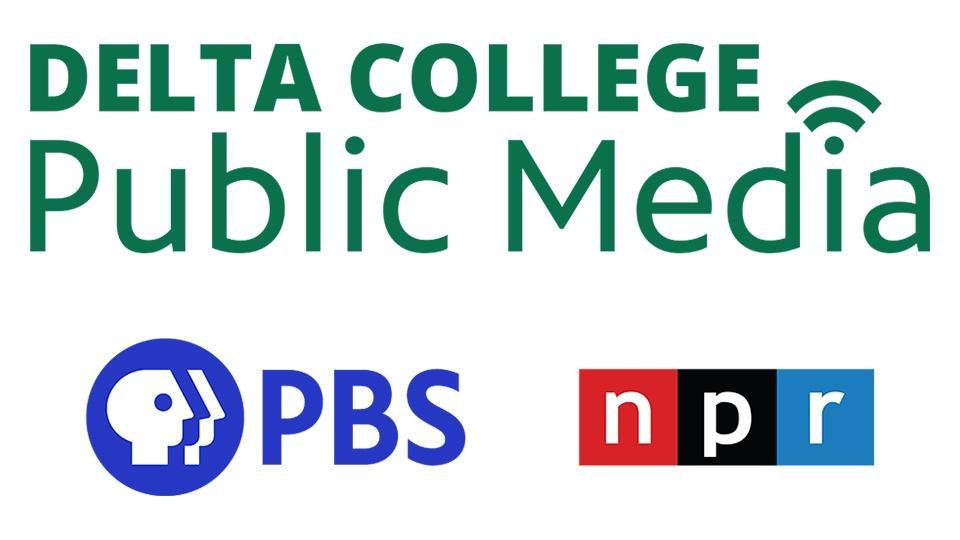
Quality Public Broadcasting rebranded itself Delta College Public Media. The new name was meant to take emphasis away from broadcast media to show a growing focus on digital media.
